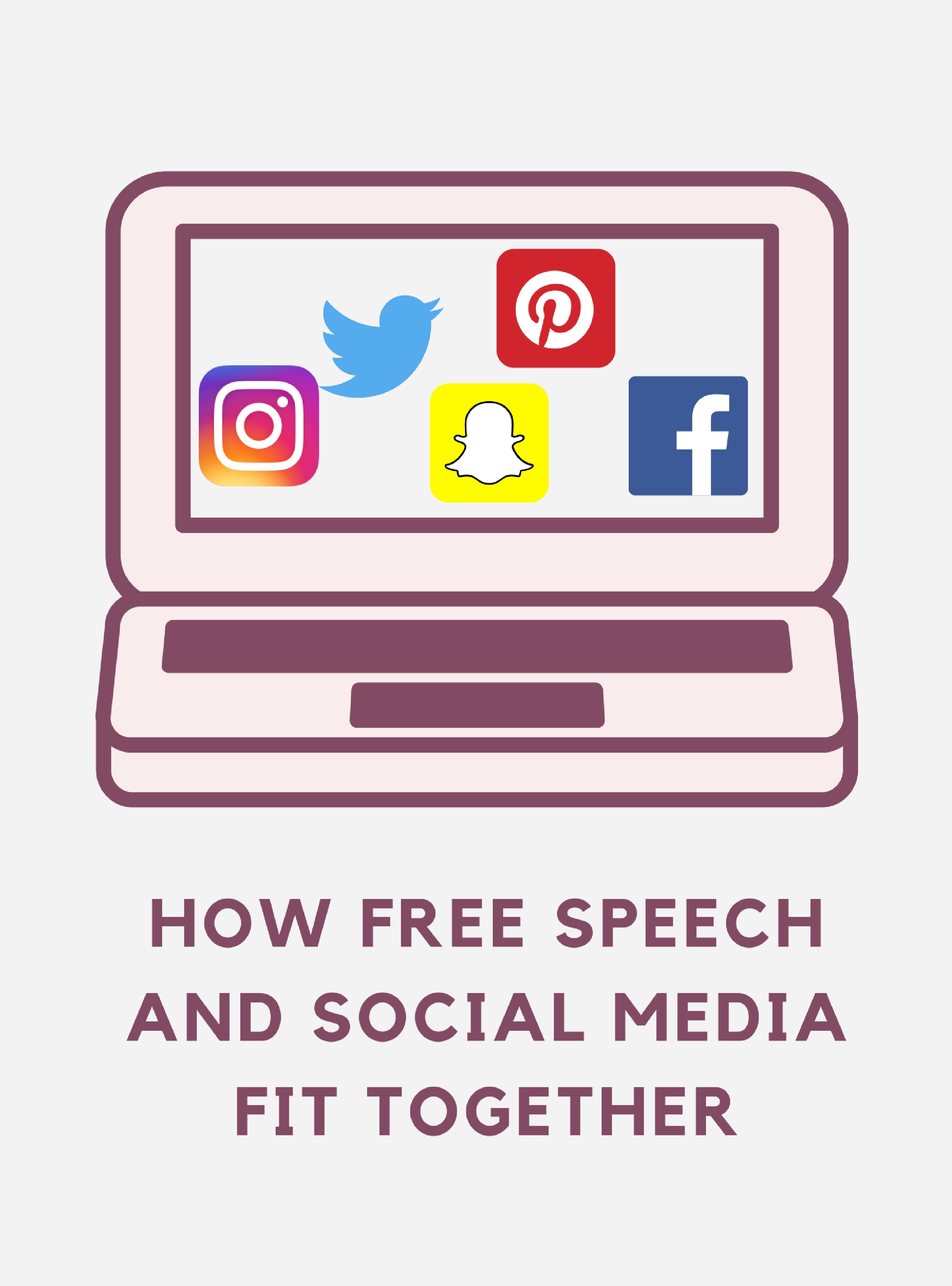Social Media and Freedom of Speech
Nyasha Singh
In the 21st century, social media has emerged as a revolutionary force, reshaping the way we communicate, share information and engage in public discourse. At the heart of this digital transformation lies the fundamental principle of freedom of speech, a cornerstone of democratic societies. However, the intricate relationship between social media and freedom of speech is a multifaceted terrain, marked by both empowering opportunities and pressing challenges.
Social media platforms such as Facebook, Twitter and Instagram have democratized communication on an unprecedented scale. These digital spaces empower individuals to express their thoughts, opinionsand experiences, transcending geographical and cultural boundaries. In essence, social media has become a virtual town square where diverse voices converge to contribute to a global dialogue.
While the democratization of expression is a significant achievement, social media also presents a paradoxical challenge: the rise of echo chambers. Algorithms designed to tailor content to users' preferences inadvertently create digital bubbles, reinforcing existing beliefs and limiting exposure to diverse perspectives. This phenomenon poses a threat to the foundational concept of freedom of speech, as it thrives on the clash of ideas and the richness of varied opinions.
The responsibility of social media platforms to moderate content introduces a delicate balance between freedom of speech and preventing harm. In an era where misinformation and hate speech can spread rapidly, content moderation becomes crucial. However, this practice often raises questions about who gets to define the boundaries of acceptable speech. Striking the right balance between maintaining a safe online environment and preserving the essence of free speech is an ongoing challenge for these platforms.
As social media permeates every aspect of our lives, its influence on democratic processes cannot be overstated. On the positive side, it provides a platform for political activism, enabling movements to mobilize, organize and amplify their voices. However, the dark side includes the potential for the spread of misinformation, manipulation of public opinion and the erosion of trust in democratic institutions.
Social media platforms find themselves at a crossroads, grappling with the responsibility to protect users from harmful content while preserving an open space for dialogue. The challenge lies in distinguishing between genuine expressions of free speech and content that incites violence, spreads falsehoods or fuels discrimination. The evolving nature of online discourse requires platforms to adapt their moderation policies to address emerging threats without stifling legitimate expression.
In the face of these challenges, the importance of digital literacy emerges as a linchpin for maintaining a healthy digital discourse. Empowering users with the skills to critically evaluate information, identify misinformation and engage in respectful dialogue is crucial. Education on responsible online behaviour becomes paramount in ensuring that individuals can navigate the digital landscape while upholding the principles of free speech.
The interconnected nature of social media also extends its influence to a global scale, impacting human rights around the world. While these platforms can be instrumental in shedding light on human rights abuses and fostering international solidarity, they also face accusations of being used as tools for surveillance and censorship in certain regions. The global implications of social media on freedom of speech underscore the need for nuanced discussions and international cooperation to address these challenges.
In conclusion, the interplay between social media and freedom of speech is a dynamic and evolving landscape. As we navigate this digital frontier, it is imperative to recognise the potential of social media to both empower and challenge our democratic values. Striking a balance between the freedom to express ourselves and the responsibility to protect against harm requires collaborative efforts from users, platforms and policymakers.
The future of social media and freedom of speech hinges on our ability to adapt, innovateand foster a digital environment that respects the diversity of voices while mitigating the risks associated with unchecked expression. Through continued dialogue, education and ethical development, we can shape a responsible digital future where the principles of freedom of speech remain at the forefront of our evolving digital discourse.
Nyasha Singh
Class XII
